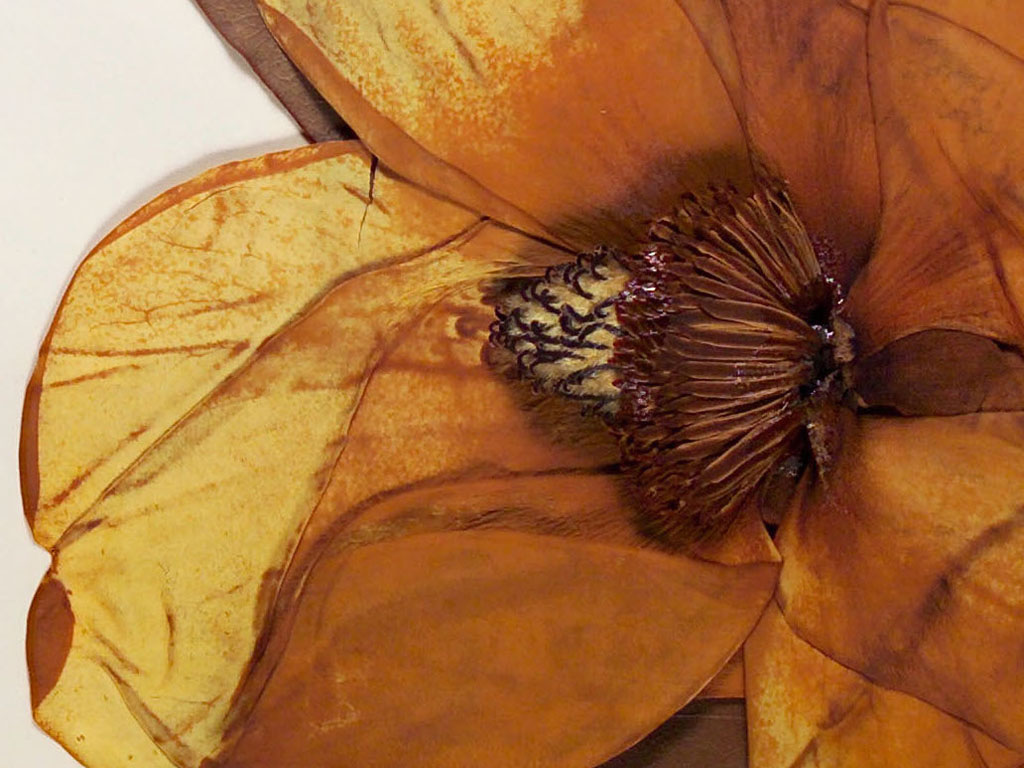iDigBio
iDigBio—NSF's National Resource for the Digitization of Biodiversity Collections—engages the biocollections community (natural history museums, herbaria, biological research stations, etc.) in the hugely ambitious and important tasks of digitizing (e.g., databasing, imaging, georeferencing) the roughly 1 billion specimens held in US collections and deploying the data online. Researchers use the data to address pressing questions, such as "where can we expect organisms to be in the future with climate change based on their historical distribution as documented by the specimens in our collections?" iDigBio facilitates specimen-focused activities at 900+ institutions representing all 50 states and 2 U.S. territories. iDigBio is a joint 10-year project (2011–21) between University of Florida and Florida State University. Austin is a co-PI on the NSF grant that funds iDigBio and serves as the Director of iDigBio's Digitization, Professional Development, and Citizen Science Domain.
Engaging the public in digitization is a major contribution of the Mast Lab (especially Austin and Libby) to this community digitization effort. Public engagement furthers digitization, science literacy, and project sustainability goals in exciting ways. Austin co-organized the first workshop on the topic—the 2012 Public Participation in Digitization of Biodiversity Specimens Workshop with Betty Dunkel (UF)—and the two subsequent hackathons—the 2013 CITSCribe Hackathon and the 2014 CITStitch Hackathon with Rob Guralnick (was UC-Boulder, now at UF). The now annual Worldwide Engagement for Digitizing Biocollections (WeDigBio) Event (2015 onward) grew out of activities of the CITStitch Hackathon. Check out Austin's plenary talk at the 2015 Society for the Preservation of Natural History Collections Conference that provides context for WeDigBio. In July 2015, NSF's Advances in Biological Informatics program awarded Austin, Rob, and collaborators a grant to develop Notes from Nature and Biospex into robust cyberinfrastructure for activities in this area.
The Mast Lab also sees potentially transformative opportunities to circumvent barriers (e.g., in rural communities) to museum experiences with biodiversity specimens through augmented reality technology. Austin collaborates with Anne Basham (ExplorMor Labs, LLC) to produce the Libraries of Life Augmented Reality Mobile App for Android and iOS and related content. Austin and Anne co-lead iDigBio's Augmented Reality Public Outreach Working Group, which (to-date) has produced a set of 15 AR cards, one for each of the projects funded through NSF's Advanincing Digitization of Biodiversity Collections Program as of 2016. The cards and the app have become mainstays of the communities education and outreach activities. Libraries of Life content continues to grow as biocollections (including the Florida Museum of Natural History) and projects (including LepXplor) add to it. It's even been used by First Magnitude Brewing (Gainesville, FL) to bring to life their "Miami Blue Bock" and "Migration Marzen" cans for the benefit of endangered species!
iDigBio Team. 2011–present. iDigBio Website, Portal, and Wiki, v3.
Mast, A. R., Ellwood, E., Spinks, J., Bruhn, R., & Riccardi, G. 2014 onward. Biospex, iDigBio's Public Participation in Digitization Management System.
Basham, A., and A. R. Mast. 2015 onward. Libraries of Life Augmented Reality Cards and App (available for Android and iOS).
Page, L. (PI). 2011–2016. Digitization HUB: A Collections Digitization Framework for the 21st Century. NSF Award 1115210.
Page, L. (PI). 2016–2021. Digitization: iDigBio: Integrated Digitized Biocollections Phase 2. NSF Award 1547229.
Related Publications
Worldwide Engagement for Digitizing Biocollections (WeDigBio)—The Biocollections Community's Citizen Science Space on the Calendar.
BioScienceMapping life—quality assessment of novice vs. expert georeferencers.
Citizen Science: Theory and Practice 1: 1–12.Accelerating digitization of biodiversity research specimens through online public participation.
BioScience, 65Digitization workflows for flat sheets and packets of plants, algae, and fungi.
Applications in Plant Sciences 3: 1500065.Workforce-efficient consensus in crowdsourced transcription of biocollections information.
Future Generation Computer Systems 56: 526–536.Reaching Consensus in Crowdsourced Transcription of Biocollections Information.
Proceedings of the 2014 IEEE 10th International Conference on e-Science 57–64From card catalogs to computers: Databases in vertebrate paleontology.
Journal of Vertebrate Paleontology 33: 13–28.Five task clusters that enable efficient and effective digitizations of biological collections.
ZooKeys 209: 19–45.